Educators and learning centres play crucial role in shaping the oil and gas workforce
Working in industries like oil and gas presents challenges and goals. To overcome these safely, significant effort is invested in training workers. This includes teaching basic knowledge and skills to officers and staff.
Industries however face the daunting task of training a new generation while reminding veterans to tackle demanding tasks.
Sectors like oil and gas require a skilled workforce with technical proficiency and a commitment to safety. As such, educators and learning centres play a crucial role in shaping this workforce to safely extract and refine energy, supporting modern civilisation.
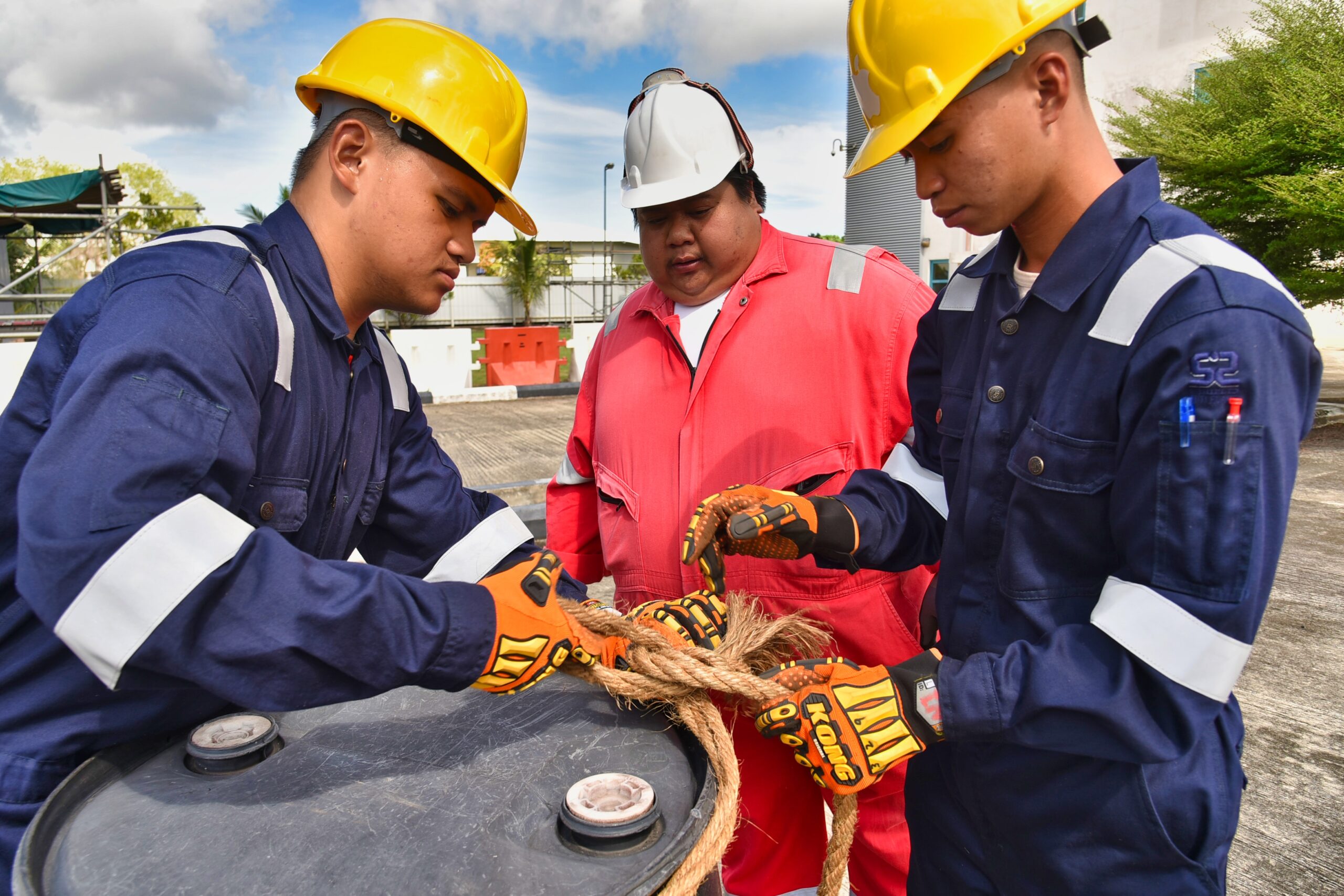
One notable example is the Adinin Training and Development Centre Sdn Bhd (ATDC) in the Belait District. ATDC has partnered with the Institute of Brunei Technical Education (IBTE), the Sultanate’s largest technical education institution, to provide students training not only in the oil and gas sector but also in various other industries.
“Established in July 1991, ATDC aimed to train personnel of the Adinin Group of Companies (AGC), a conglomerate of 15 companies in safety, technical and management training,” said training coordinator Haji Abed bin Haji Abdul Hamid. “We are proud to be chosen as one of the centres to teach the essential knowledge to the students of IBTE.”
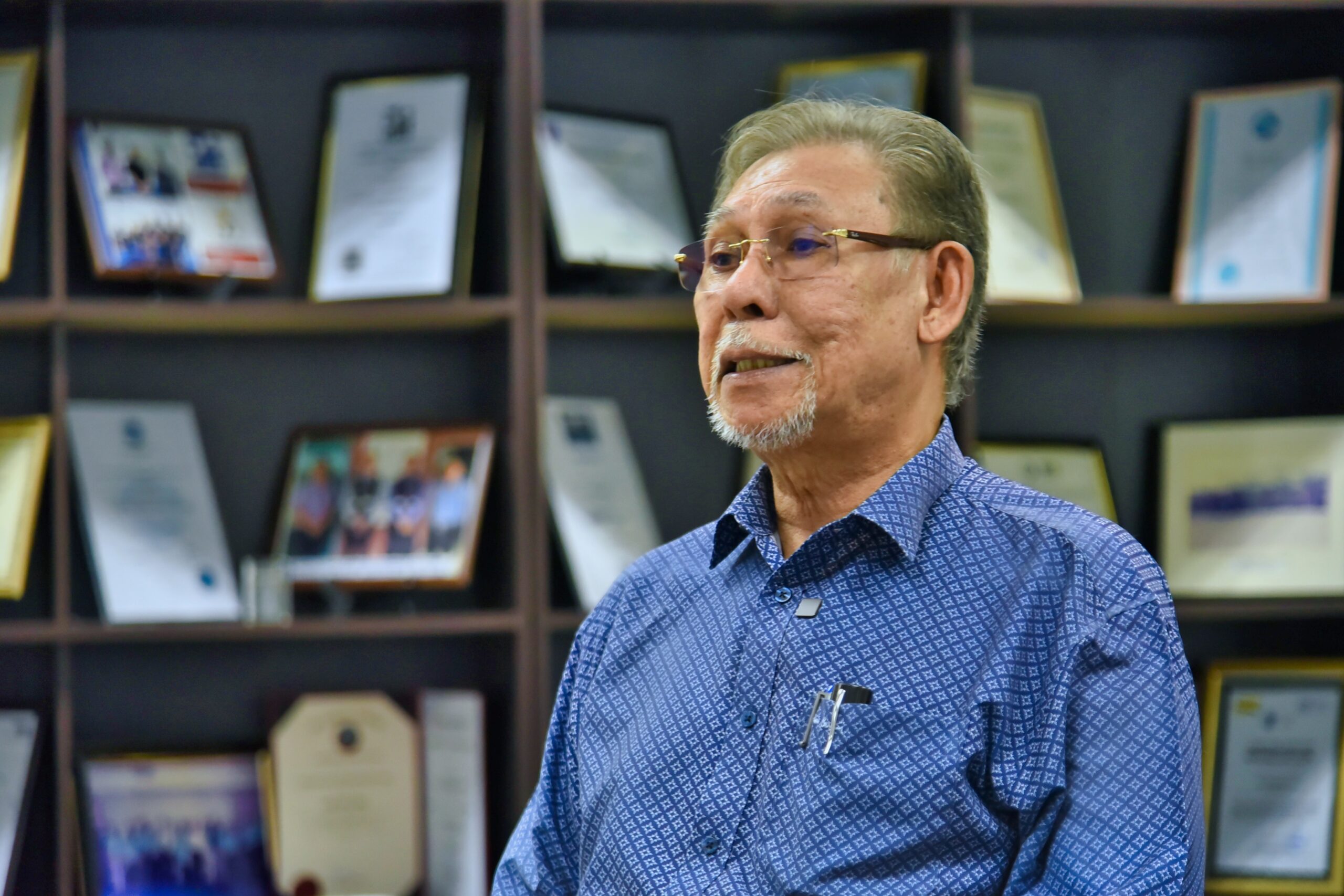
The foundation of their education begins in the classrooms, where textbooks and theoretical knowledge lay the groundwork for the subjects these aspiring engineers and technicians will explore.
One essential course for youth aiming to excel in the workforce is the basics of rigging.
ATDC’s Muhammad Naqiuddin bin Ahmad explained that rigging involves moving, securing, or placing loads using mechanical shifting equipment.
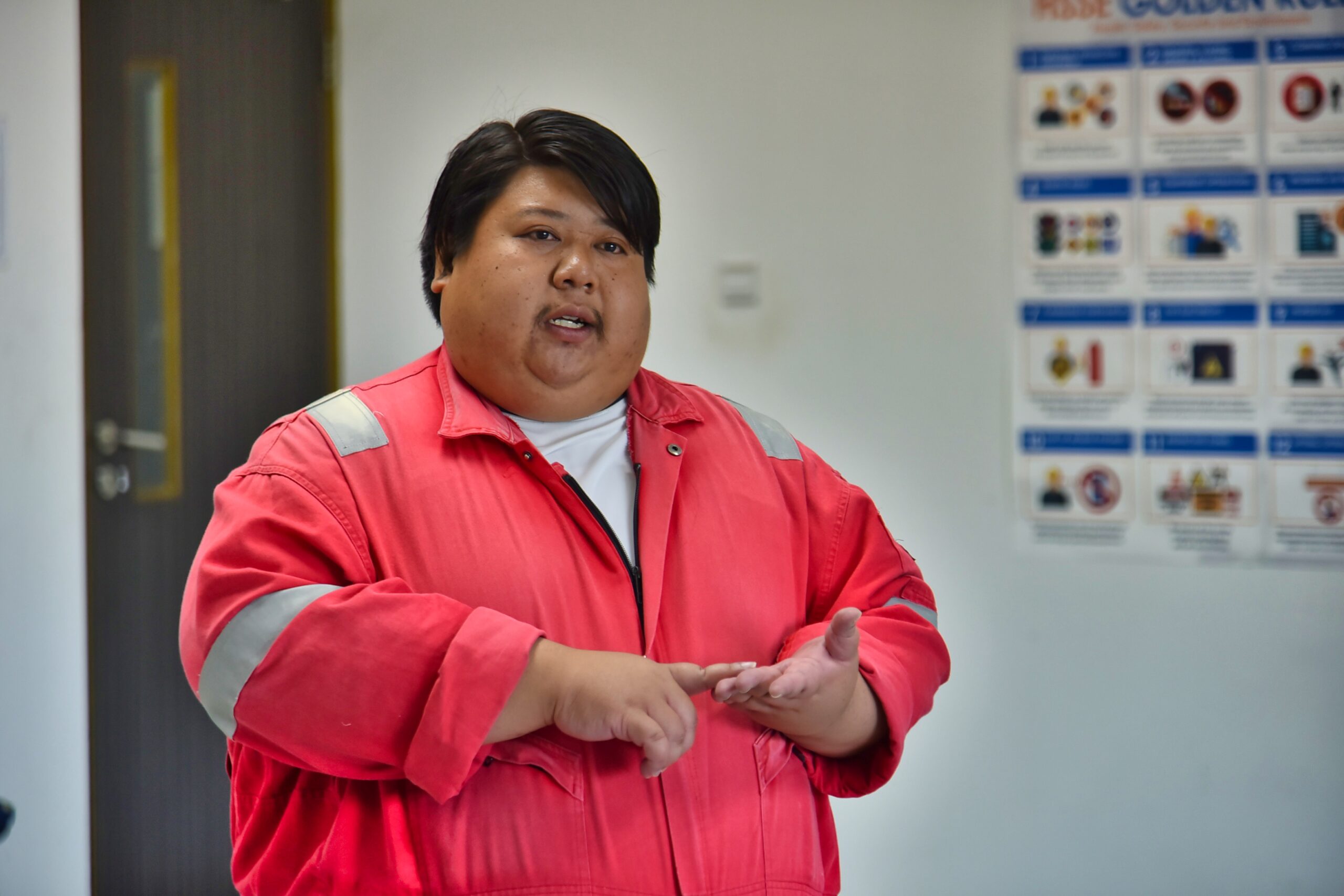
Basic classroom teachings cover procedures, steps, and safety regulations to ensure rigging is done safely.
At the core of the industry, safety reigns supreme, emphasised through frequent drills and exercises. These practices aim to instil in every individual a deep-rooted instinct for self-preservation and the protection of their colleagues.
For educators in this field, success hinges not only on their students’ technical skills but also on their dedication to nurturing a safety culture that goes beyond theoretical knowledge. The safety-conscious culture is palpable in the mindset and practices of the students actively participating in the course.
This culture is not just a theoretical concept but a deeply ingrained attitude that influences how they approach their work.
This safety-minded culture results in students carrying the same mentality as Md Eddy Haikal bin Haji Mesli and Md Nurfadilah Fida’iy bin Zainur noted as students of the course.
“In the course, we first learn the basics of rigging as well as the proper procedures which ensure that the task of carrying and shifting the load is conducted safely,” said, a student from IBTE’s rigger course Md Eddy Haikal.
He added that despite the initial daunting nature of rigging work, each team member plays a crucial role in ensuring that procedures are followed correctly and in watching out for one another.
Similarly, Md Nurfadilah Fida’iy, another student of the course highlighted the meticulous preparation involved in rigging in the oil and gas industry.
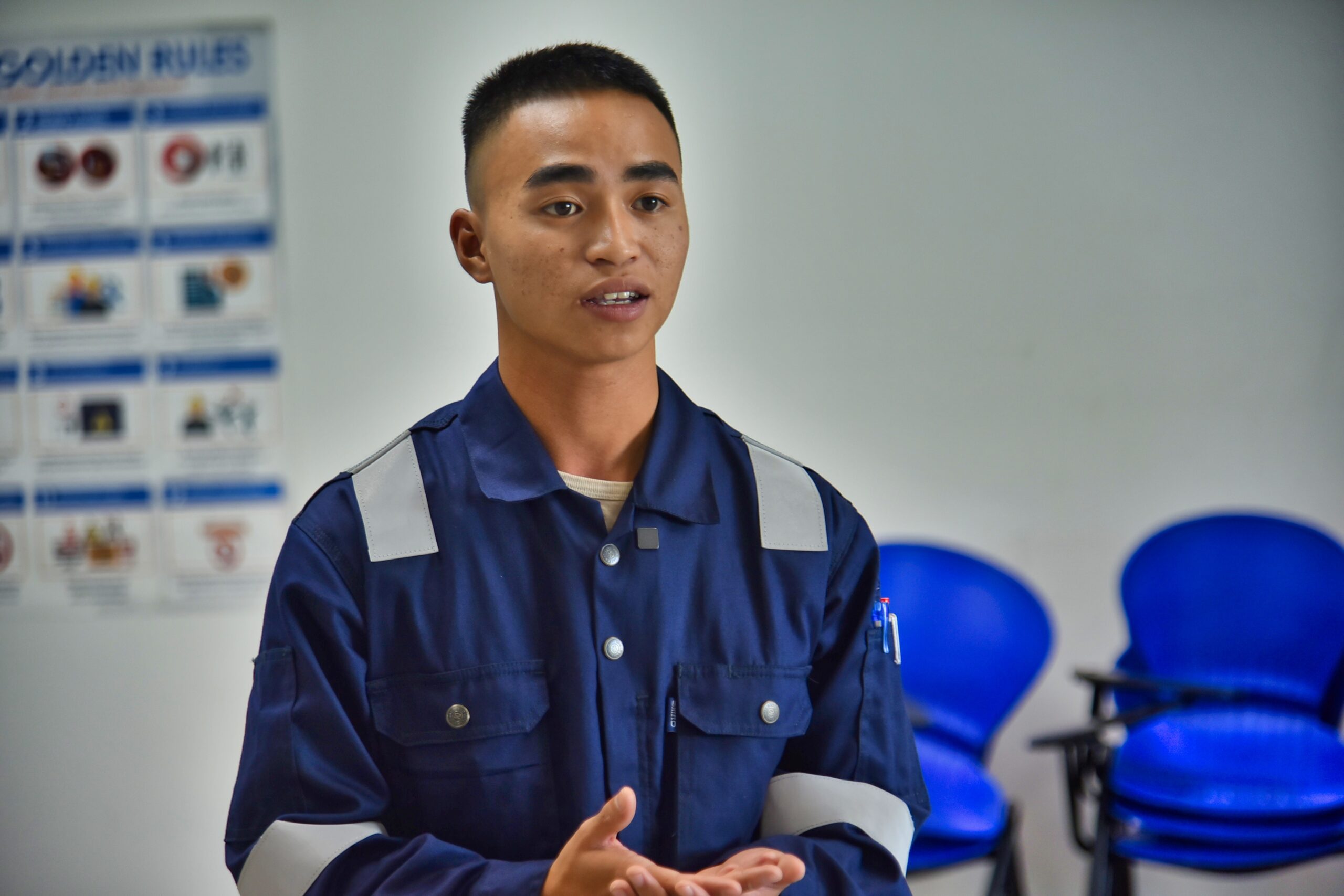
He shared that one of the challenges he faced was the complex calculations required even before lifting the first load.
“Calculations can be challenging, as we must memorise several formulas to determine the correct number, thickness, and length of ropes needed for safe and controlled lifting,” he explained.
Although he and his peers initially struggled, through insightful discussions with their instructors, they quickly learnt and applied these principles in practical simulations, preparing them for real-world scenarios.
The simulations conducted not only provide a safe and controlled environment for students to apply their classroom knowledge and skills, thus mitigating potential hazards, but also serve as a proving ground for these aspiring professionals. Upon graduating from institutions like ATDC, students emerge not merely as workers but as guardians of an industry that fuels nations and beyond.
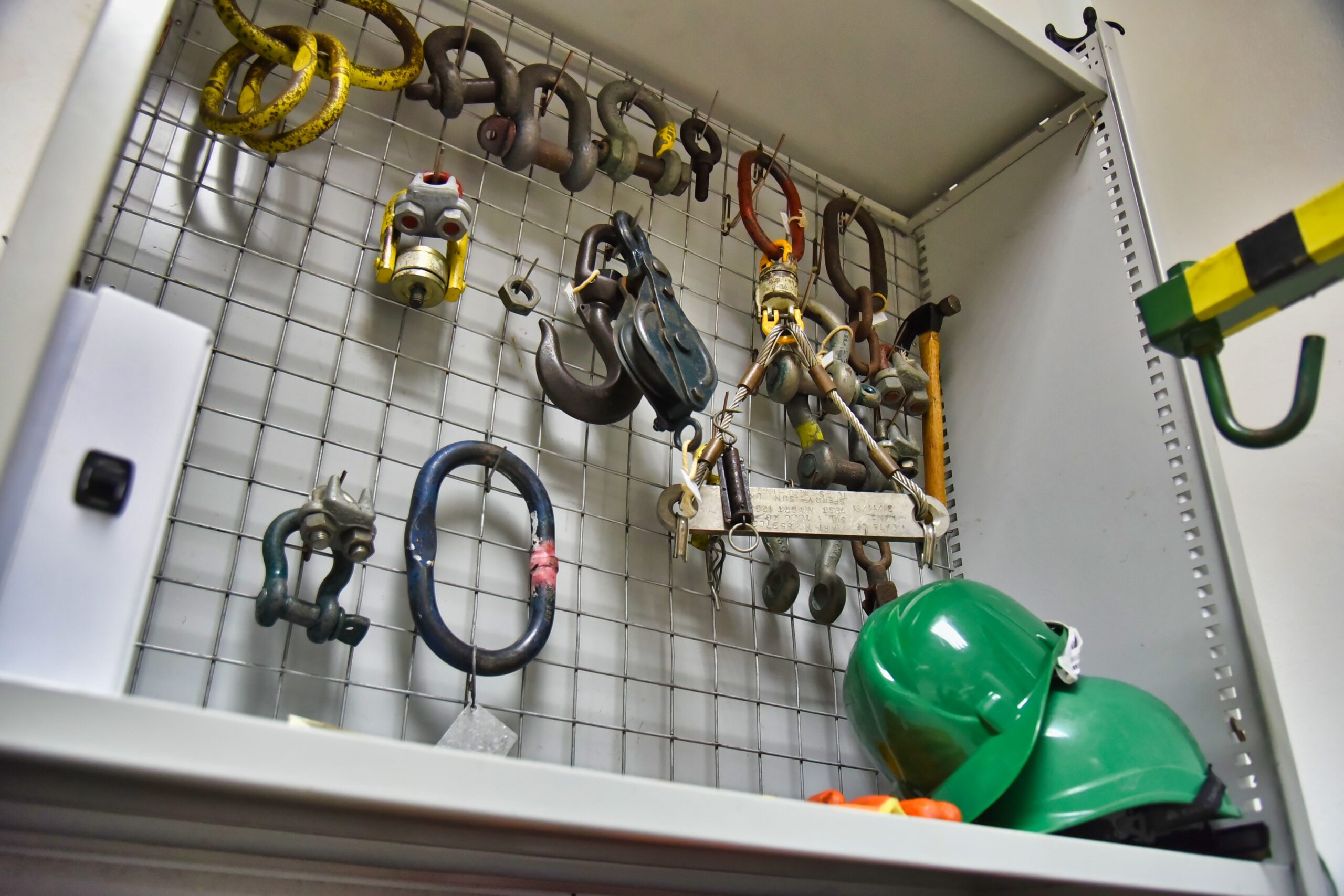
In the constantly evolving landscape of the oil and gas sector, the educators and mentors shaping the next generation stand as unsung heroes.
Their commitment to instilling both knowledge and a sense of responsibility ensures that the industry continues to thrive, not just economically, but also safely, ethically, and sustainably. – Daniel Lim



